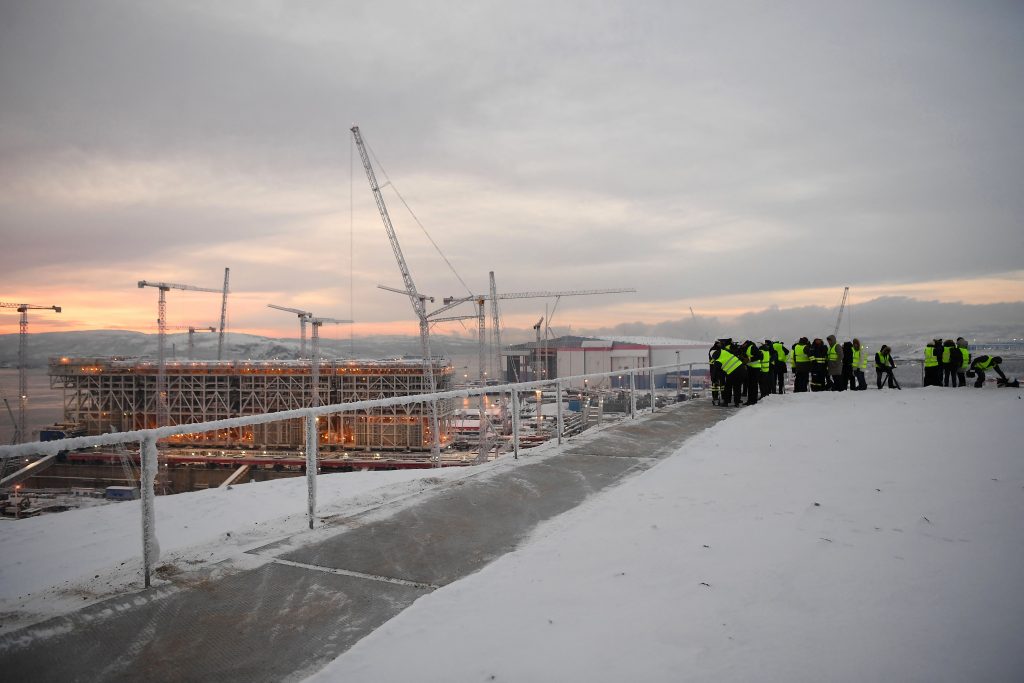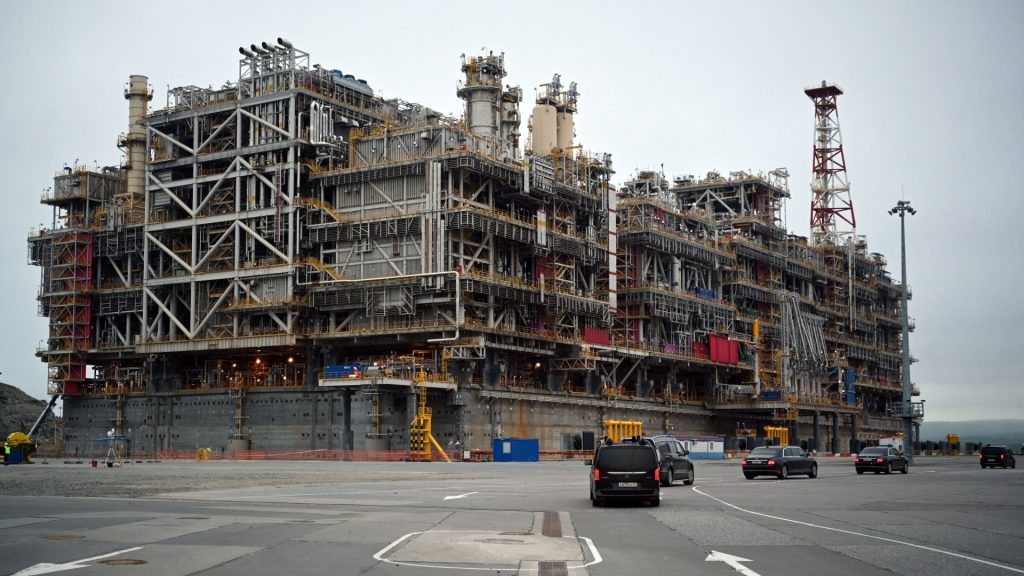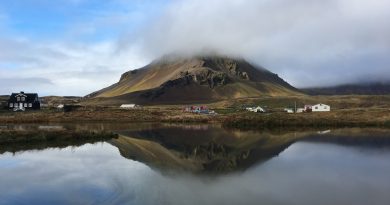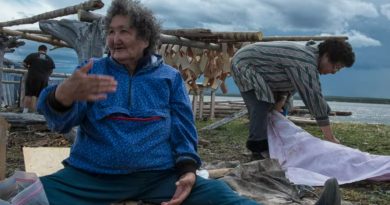Few weeks before launch, Russia’s biggest LNG project is put on U.S sanction list

The Arctic LNG 2 is included in the State Treasury’s sanctions list as part of efforts to curb Russia’s future energy production, revenues and financing of war.
An additional 130 individuals and companies were this week targeted by the Department of Treasury in a bid to constrain Russia’s increasingly war-oriented economy.
Among the entities targeted is Arctic LNG 2, the company that is in the process of developing the major natural gas project in the far northern Gydan Peninsula.
Arctic LNG 2 will be Russia’s biggest LNG project and is due to start production already in early 2024.
In late July this year, a first of three gravity-based structures was sent from the construction plant in Belokamenka towards Utrenneye, the production site in the Gulf of Ob. Few weeks later, the 110 meter high, 640,000 ton heavy installation was connected to land-based facilities. The structure has the capacity to produce up to 6,6 million tons of LNG per year.
When in full swing, the Arctic LNG 2 will be able to produce almost 20 million tons of LNG per year, which will make it the biggest project of its kind in Russia.
The new sanctions are likely to have dramatic consequences for project developer Novatek and its abilities to complete the three project trains.

Still, in a comment to journalists, Novatek CEO Leonid Michelson appears to brush off the significance of the new U.S measures.
“This is only an assessment of our professionally,” he told TASS.
Other company representatives will use more alarming words about the latest news from Washington. The new sanctions will make it far harder for Novatek to work with foreign partners and obtain the technology needed for the building of the remaining parts of the project.
Originally, the Arctic LNG 2 was to be built with technology provided by Technip, Saipem, Baker Hughes and others. That cooperation collapsed following Russia’s full-scale attack on Ukraine and the introduction of international sanctions.
The western companies were subsequently replaced by JSC Energies, NOVA Energies, Green Energy Solutions Project Management Services and others. And the modules for the project’s gravity-based structures continued to be delivered by Chinese manufacturers.

However, also the new manufacturers have been subjected to U.S sanctions.
In its updated sanctions list announced in September 2023, the U.S Treasury targeted a number of the companies that supply Novatek with equipment, technology and manpower.
On the list were also Novatek’s two brand new floating storage units; the 400 meter long units Saam FSU and Koryak FSU that in summer of 2023 arrived in their destinations in the Ura Guba, Kola Peninsula, and Bechevinskaya Bay in Kamchatka. They have been built to enable Novatek to boost shipments of LNG to foreign markets.
In this week’s announcement from the U.S Treasury, Secretary Janet L. Yellen underlined that the sanctions are targeting Russia’s future energy production and revenue, as the Kremlin’s war effort and other ‘malign activities.’
“Our global sanctions coalition has choked off Russia’s access to key inputs for its military industrial complex and has undermined the Kremlin’s ability to wage its unprovoked war,” she said.
Related stories from around the North:
Canada: Bill requiring First Nations’ oil and gas development consent spiked in Yukon
Norway: Norway’s oil minister: “We need new discoveries”, The Independent Barents Observer
Russia: Growth in Arctic shipping warrants Polar Code adjustments, say experts, Eye on the Arctic
United States: Washington bans Russia’s main Arctic oil driller, The Independent Barents Observer



